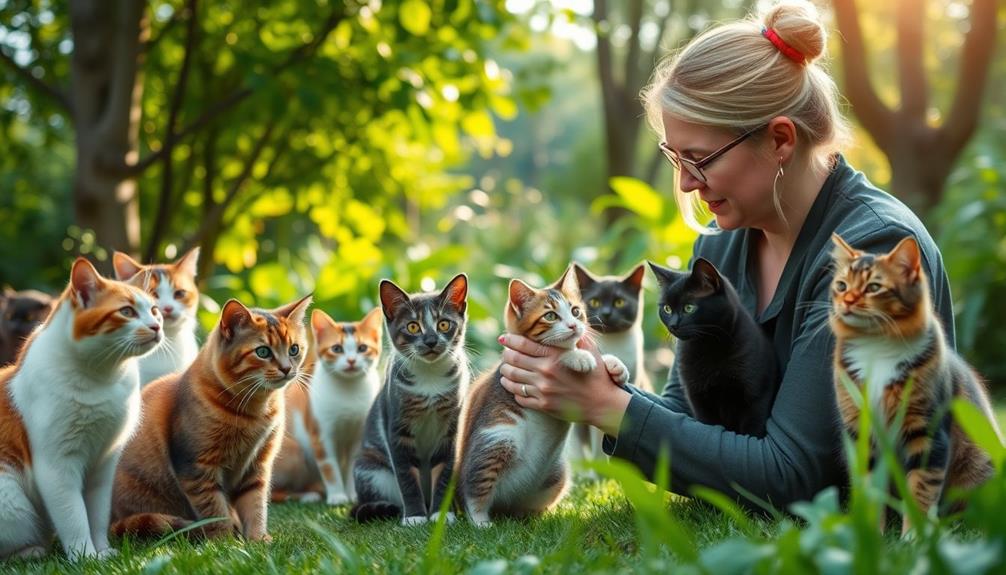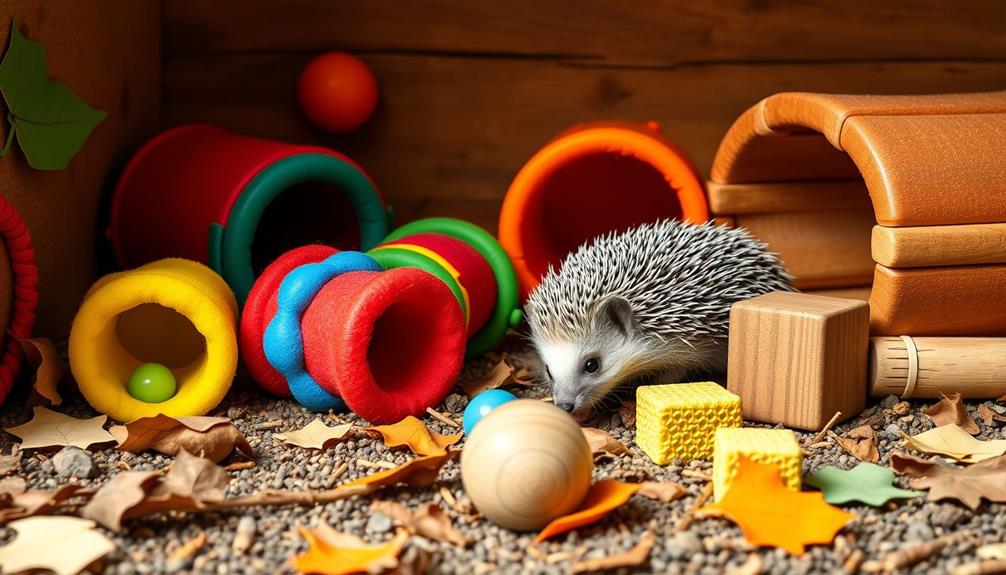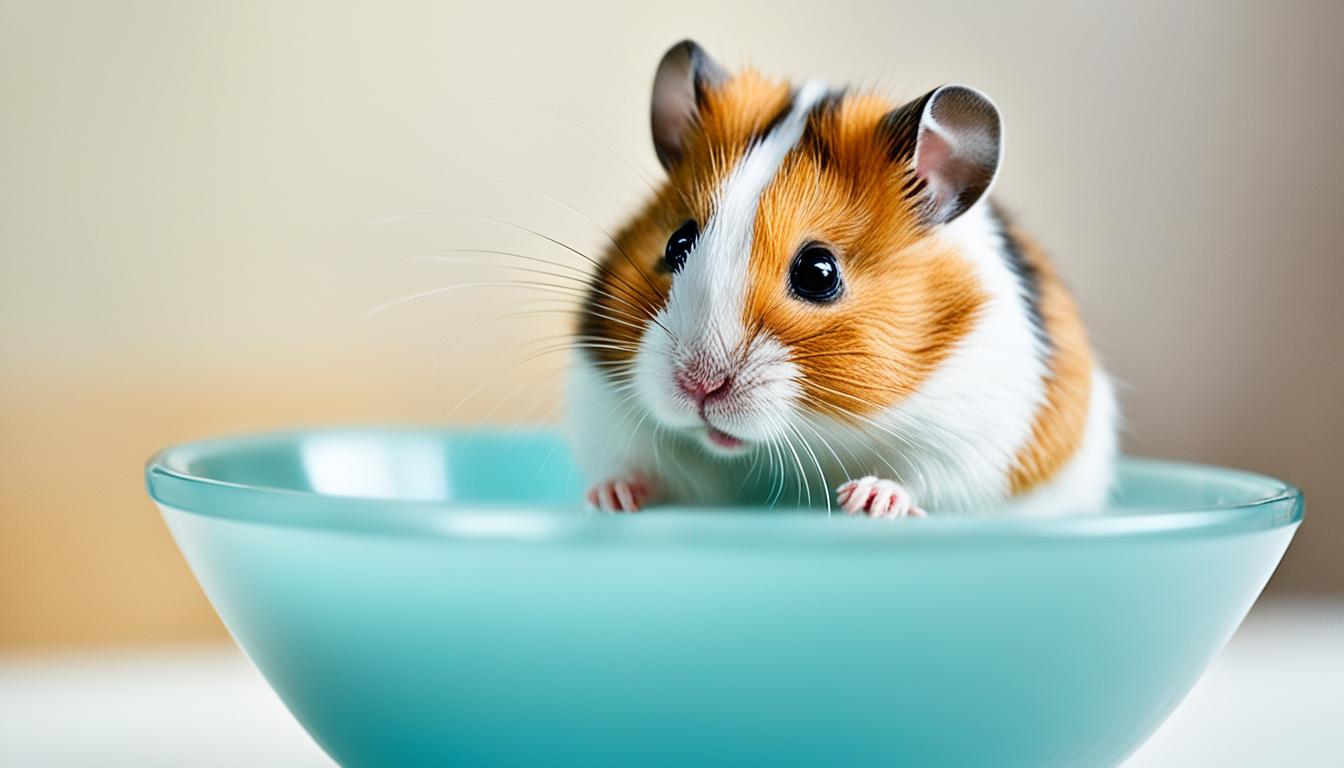Before starting cat breeding, you need to reflect on several ethical factors. Prioritize the health and well-being of your cats over profit. It's essential to maintain genetic diversity by avoiding inbreeding and limiting litters to one per year for queens. Be prepared for significant financial commitments, including veterinary costs and quality care. Establish responsible sales practices by ensuring kittens are vaccinated and neutered before rehoming. Building a support network with experienced breeders and local shelters can help you navigate this journey. As you explore these aspects, you'll uncover more insights into responsible cat breeding that can guide you further.
Key Takeaways
- Prioritize the health and well-being of cats by adhering to ethical breeding practices and maintaining genetic diversity.
- Ensure queens have adequate recovery time between litters, ideally one litter per year.
- Assess your financial commitment, as initial costs can exceed £10,000, with ongoing monthly expenses for care.
- Educate potential owners on responsible pet ownership and provide transparency about health issues in kittens.
- Build a support network with other breeders and local shelters to enhance ethical breeding practices and combat overpopulation.
Understanding Breeding Ethics
How can we guarantee that cat breeding is ethical? It starts with a strong commitment to ethical breeding practices that prioritize the health and well-being of cats. Responsible breeders understand the importance of maintaining genetic diversity and avoiding overbreeding and inbreeding, much like how dog health and nutrition emphasizes the significance of genetic testing. They conduct genetic testing and health checks, ensuring transparency in their breeding processes.
When you consider pedigree breeding, it often stands out as a more ethical option. Controlled genetic standards help preserve the breed's health and characteristics, minimizing potential health and temperament issues. To promote cat welfare, responsible breeders adhere to guidelines recommending a maximum of one litter per year for queens, allowing them time for recovery and ensuring their overall health.
Additionally, breeders play a significant role in educating new owners about responsible pet ownership, including the importance of neutering. This education is essential in addressing overpopulation issues, which can strain local shelters and impact the lives of countless cats.
Practical Preparations for Breeding

Before diving into cat breeding, it's important to assess your motivations and commitment. Breeding cats isn't just about producing cute kittens; it requires a minimum five-month commitment for mating and rearing. You need to make sure you have the time, patience, and understanding to navigate this process.
Additionally, it's significant to take into account your cat's emotional health, as studies indicate that cats can show signs of separation anxiety when left alone for extended periods, making it crucial to provide a stable environment for both the queen and her kittens. Understanding feline behavior and emotional connection will help you better prepare for this responsibility.
Calculate the total expenses associated with breeding, such as equipment, stud fees, veterinary bills, and additional food, as costs can escalate quickly. Conduct thorough research and consult with experienced breeders to grasp best practices and potential challenges.
Ensure your female cat, or queen, is on the Active Register for breeding, is an adult, well-grown, and recently vaccinated to promote ideal health outcomes.
Planning for selling the kittens is significant; assess local competition among breeders to understand the market. You'll also need to prepare for necessary documentation, like a Mating Certificate, to facilitate future registration for the kittens.
Financial Implications of Breeding

Breeding cats involves not just a commitment of time and care but also significant financial investment. Before diving in, you need to understand the financial implications that come with this responsibility.
The initial setup costs alone can exceed £10,000, which includes everything from food and housing to veterinary care. Additionally, similar to the financial factors of converting retirement funds, understanding the costs and potential returns on investment is vital for long-term sustainability in cat breeding, as noted in financial insights on retirement.
Your ongoing monthly costs will also add up, possibly reaching hundreds of pounds for high-quality food, litter, and routine vet check-ups. Be prepared for additional expenses, particularly if you don't own a male cat, as stud fees can be quite high and may require constructing a stud house or arranging transport.
Here's a quick rundown of what to reflect on:
- Initial setup costs can be substantial.
- Ongoing monthly costs include food and litter.
- Health checks and vaccinations are vital for your cats' well-being.
- Genetic screenings are essential to prevent inherited issues.
- Insurance, like extensive plans from Agria, can help manage unexpected health-related expenses.
Health and Care Standards

Ensuring the health and well-being of your breeding cats and their kittens is paramount. To achieve this, you need to provide high-quality food, clean water, and adequate shelter.
Regular veterinary check-ups are essential for monitoring the health of your breeding cats, ensuring they receive necessary vaccinations and health screenings. Additionally, implementing stress management techniques can improve overall well-being and resilience in your cats. Make it a priority to schedule these check-ups to prevent any potential issues.
Recovery time is another important factor; queens should have a minimum of 26 weeks between litters to maintain their health. This time allows them to recuperate and prepare for their next pregnancy.
Maintaining a clean environment is critical for preventing infections and health complications in both queens and their litters. Implement proper litter management and hygiene practices to create a safe and healthy living space.
Regularly clean the areas where your breeding cats and their kittens live, ensuring they're free from contaminants that could jeopardize their health.
Responsible Sales Practices

Responsible sales practices are essential for guaranteeing that kittens find loving and suitable homes. As a breeder, you have a duty to prioritize the health and well-being of your kittens while promoting responsible pet ownership.
This responsibility is akin to recognizing the importance of empathy in relationships, much like understanding the traits of narcissistic individuals and how they can impact others in their lives recognizing narcissistic traits.
Here are some key practices to reflect on:
- Guarantee all kittens are vaccinated and neutered before rehoming to promote their health and prevent overpopulation.
- Maintain transparency about the health status of your kittens, including any potential genetic issues related to their breed.
- Create contracts that include neutering clauses and follow-up support, encouraging responsible ownership.
- Ask prospective buyers about their living conditions and experience with cats to confirm they can meet the kitten's needs.
- Offer ongoing communication and support to new owners, helping them adjust and thrive with their new pet.
Building a Support Network

Building a strong support network is essential for successful cat breeding. By engaging with local shelters, you can access resources that help with fostering and socializing kittens.
Additionally, understanding the emotional support available for caregivers can enhance your breeding experience and guarantee the well-being of both you and the animals involved mental health support.
Networking with other breeders and joining online communities will connect you with valuable insights and shared experiences.
Engaging Local Shelters
Engaging with local shelters not only enriches your breeding practice but also strengthens the community's efforts to combat cat overpopulation. By collaborating with these shelters, you'll gain access to invaluable resources that can enhance your responsible breeding approach.
Understanding the emotional needs of animals, akin to insights from BPD push-pull dynamics, is essential in fostering a nurturing environment for kittens. Here are some key benefits of connecting with local shelters:
- Fostering and socializing kittens to prepare them for adoption
- Connecting with potential owners to guarantee responsible pet ownership
- Accessing educational programs on breeding practices and kitten care
- Opportunities for mentorship from experienced breeders
- Contributing to community efforts aimed at reducing unwanted cats
These relationships can help you navigate the challenges of breeding while making certain that each kitten finds a loving home.
Shelters often provide guidance on health care and socialization, which is vital for novice breeders. By partnering with local shelters, you not only bolster your own breeding ethics but also play an active role in promoting responsible adoption practices in your community.
This engagement fosters a network of support that benefits both you and the kittens, ensuring they receive the best possible start in life.
Networking With Breeders
Connecting with other breeders can greatly enhance your understanding of ethical practices and provide essential support as you navigate the complexities of cat breeding. Networking with experienced breeders offers invaluable mentorship opportunities, helping you learn about responsible breeding practices and the nuances involved.
Additionally, engaging in family activities that promote creativity can inspire innovative approaches to your breeding methods.
Attending cat shows and community events is an excellent way to meet fellow breeders, fostering relationships that can lead to collaboration and mutual support. Engaging with local shelters not only aids in socializing and fostering kittens but also helps you connect with individuals who share a passion for cat welfare.
Don't overlook the power of social media platforms like Facebook and Instagram, as they can markedly boost your visibility within the breeding community. These platforms allow you to share experiences, seek advice, and connect with other breeders easily.
Joining breed-specific clubs or organizations further enhances your network, providing access to resources and education dedicated to ethical breeding.
Online Support Communities
Finding a supportive online community can greatly elevate your cat breeding experience. Engaging with fellow breeders in these spaces allows you to share knowledge, seek advice, and navigate the complexities of breeding.
Additionally, participating in these communities can help you discover crazy games for bonding and fun during local gatherings or events. Here are some benefits you can gain:
- Access to experienced mentors who can guide you on best practices.
- Networking opportunities that help you discover local events, cat shows, and workshops.
- A platform for sharing experiences, where you can ask questions and receive feedback on challenges you face.
- Staying informed about the latest health issues and ethical considerations in breeding.
- Emotional encouragement from peers when dealing with the realities of breeding, like litter management.
These online support communities are invaluable for fostering connections and enhancing your skills.
By participating actively, you'll not only improve your breeding practices but also create lasting friendships with others who share your passion.
Frequently Asked Questions
What Makes a Cat Breeder Ethical?
An ethical cat breeder prioritizes health, limits litters, conducts health screenings, and educates owners. They maintain transparency about their cats' lineage and offer ongoing support, ensuring responsible practices that enhance the breed and prevent overpopulation.
What Do You Need to Know Before Breeding Cats?
Imagine planting a garden; you need to know the soil, seeds, and seasons. Before breeding cats, research their needs, plan for costs, and guarantee your queen's health, commitment, and registration are in place.
How Do I Know if a Cat Breeder Is Reputable?
To determine if a cat breeder's reputable, check their registration with a recognized council, review health certifications, and visit their facility. Ascertain they prioritize the cats' welfare, maintain open communication, and provide ongoing support.
How to Become an Ethical Cat Breeder?
To become an ethical cat breeder, you'll need to prioritize health, guarantee proper genetic testing, provide excellent care, follow breeding guidelines, and maintain transparency with potential buyers. Engage with experienced breeders for ongoing support and knowledge.
Conclusion
In cat breeding, remember that "with great power comes great responsibility." As you initiate this journey, keep in mind the ethical considerations, health standards, and financial implications involved. Prioritize the well-being of both your cats and their future homes. Surround yourself with a supportive community, and always aim for responsible breeding practices. By doing so, you'll not only contribute positively to the feline world but also create lasting joy for families who welcome your kittens.









